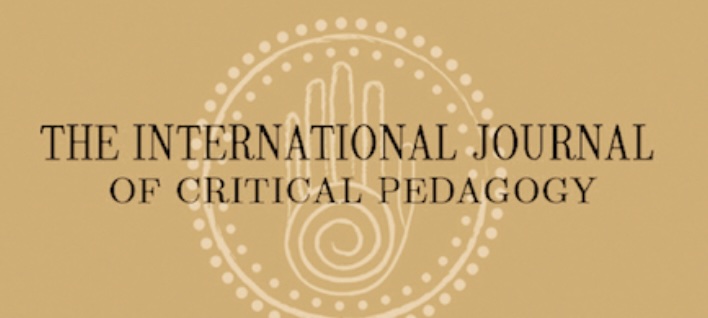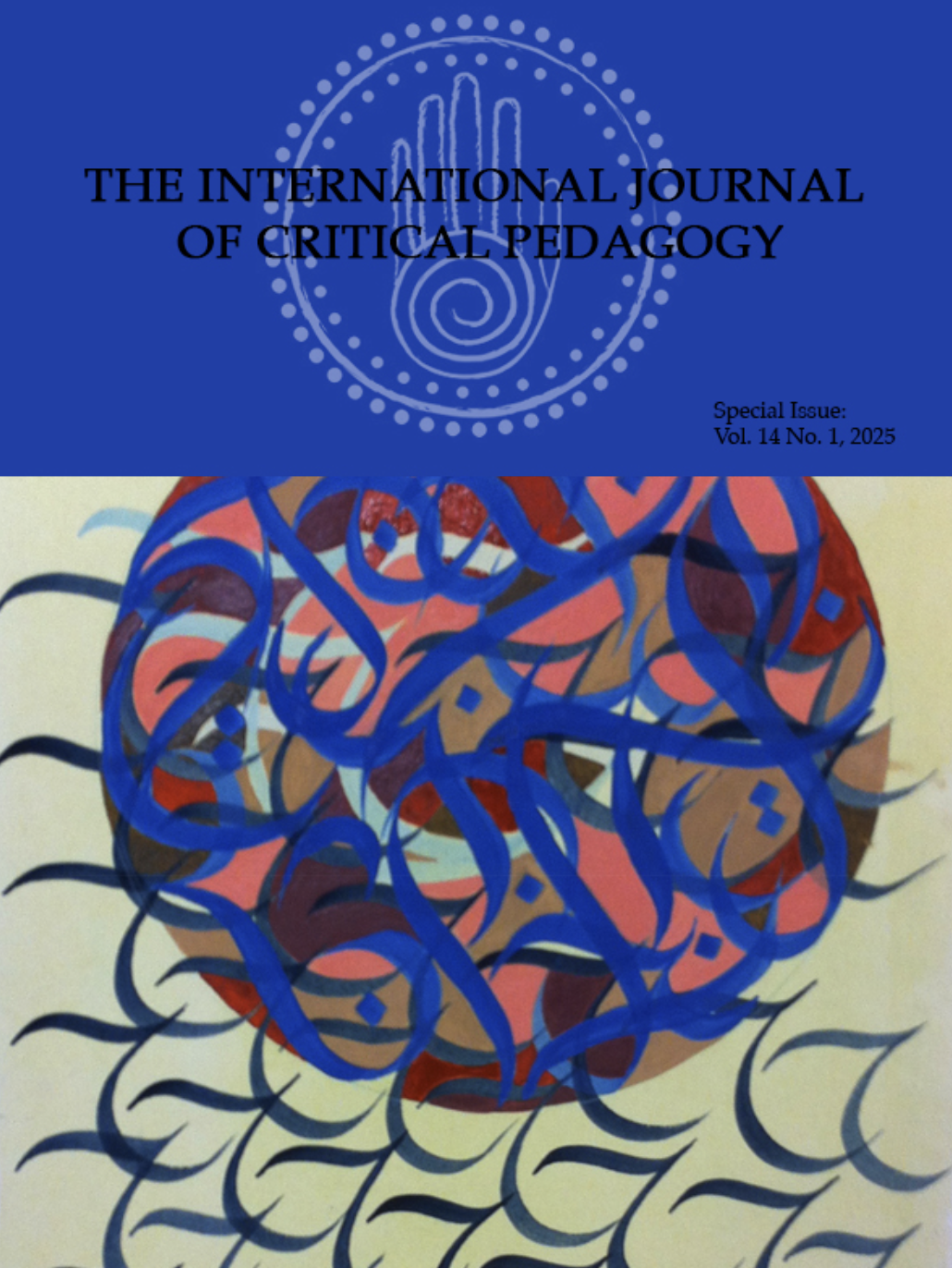Abstract
Traditional teacher learning is mostly conceptualized through prescribed curriculum in school-based and district-sponsored professional development opportunities, that are often race-evasive (Cochran-Smith & Villegas, 2014) and framed through dominant, neoliberal, and deficit ideologies that foster linguistic hegemony and privilege English language learning. For bilingual teachers, critical professional development can provide a space to engage in critical dialogical learning. Drawing on Critical Professional Development and Raciolinguistics, this paper addresses the critical needs of K-12 Spanish bilingual educators teaching in multilingual contexts. This paper explores a case study of El lnstituto, a critical professional development for bilingual teachers in Southern California, conducted entirely in Spanish.
Guided by the strands of community building and leadership development, El lnstituto aims to center critical teacher agency (Freire, 1974; Giroux, 2008) and community cultural wealth (Yosso, 2005) by focusing on their linguistic capital and deepening their Spanish-language knowledge, while also developing their critical consciousness and supporting their understandings of racialized languages, pedagogies, ideologies, and actions in the K-12 classroom. The findings suggest that the El Instituto, not only disrupted the normalization of English-only professional development, but also exposed bilingual teachers to critical theory and research while centering their linguistic repertoires to engage in collective action towards transformed ideologies, critical pedagogies, and critical teacher agency.
Keywords: Critical Professional Development, Raciolinguistics, Bilingual Teachers, Linguistic Capital
How to Cite:
Arteaga, N., (2025) ““Maestres que tienen la voz y el coraje” Cultivating Bilingual Teachers Linguistic Capital through a Raciolinguistic Approach @ El Instituto ”, International Journal of Critical Pedagogy 14(1). doi: https://doi.org//ijcp.1404
Downloads:
Download PDF
View PDF

